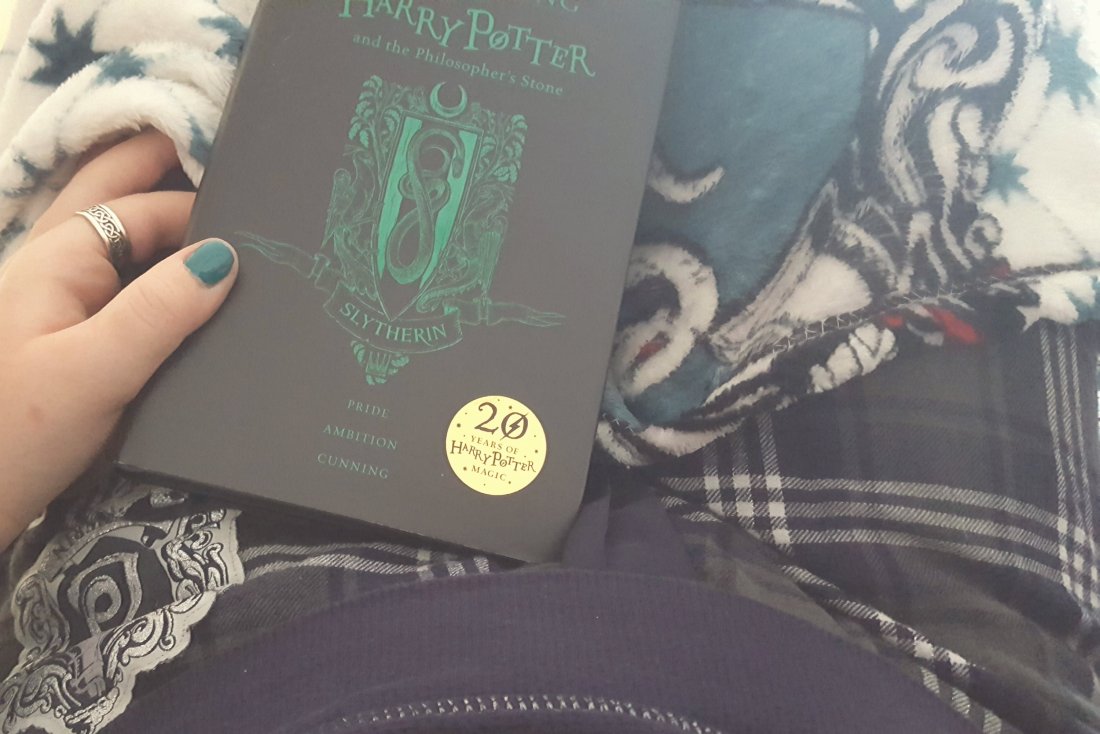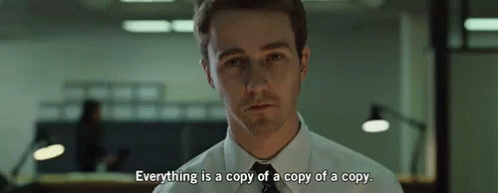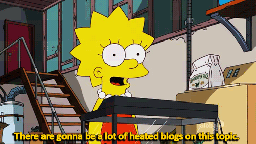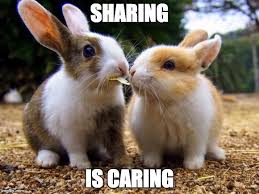 Today, I want to talk about something that often goes unacknowledged in the book blogging community: the idea that sometimes, no matter how much we love it, blogging can begin to feel like a bit of a chore.
Today, I want to talk about something that often goes unacknowledged in the book blogging community: the idea that sometimes, no matter how much we love it, blogging can begin to feel like a bit of a chore.
Personally, I’ve found that my relationship with blogging differs over time. There are days where I’m super excited to blog, usually because I’ve had a great idea for a new post, and there are days where I really struggle to motivate myself, usually because I don’t have any new ideas.
Sometimes, book blogging can feel like a series of deadlines too, as we worry about everything from making sure our review of an ARC is ready in time for its release date, to simply ensuring we post a certain number of times a week, or on certain days of the week, as our followers may have come to expect.
Yet, despite the pressure and frustration that is sometimes involved, I’m still here, and I view all the time and work I put into my blog as time-well spent. This is because, over the years, I’ve learned some strategies that keep me sane, even when I feel stressed, or like blogging is the last thing I want to do. Said strategies ensure that now, even after the occasional bit of stress, I still love blogging just as much as the day I published my first ever post.
I’ve decided to share these tips, so read on to find out how you can ensure blogging remains fun (at the end of the day, blogging is a hobby, so make sure you actually enjoy it!):

1. Don’t aim to post on specific days
 One thing I really regret, is the time I decided to promise my followers that I’d post on certain days of the week. I found that, whilst studying for my A-levels, this just wasn’t feasible for me, as I couldn’t always predict when my workload would lay off enough for me to have some free time. Until recently, I’d feel stressed if I didn’t have a post ready in time for a certain day, or feel like I had to wait to publish a post in order to stick within my schedule. However, I’ve recently decided to ditch the schedule, and now just post whenever I have a piece ready. I find this much less stressful, and not having a schedule hasn’t decreased the amount of interaction my posts receive, as I still use tags, and maintain my social media presence on Twitter and Instagram, even when I haven’t posted on my blog in a little while. If your followers don’t expect posts on a certain day, they might even check your blog more often, waiting for updates! So, ditch the schedule, allow yourself to post when you actually want to write something, and don’t stress about having to post on certain days.
One thing I really regret, is the time I decided to promise my followers that I’d post on certain days of the week. I found that, whilst studying for my A-levels, this just wasn’t feasible for me, as I couldn’t always predict when my workload would lay off enough for me to have some free time. Until recently, I’d feel stressed if I didn’t have a post ready in time for a certain day, or feel like I had to wait to publish a post in order to stick within my schedule. However, I’ve recently decided to ditch the schedule, and now just post whenever I have a piece ready. I find this much less stressful, and not having a schedule hasn’t decreased the amount of interaction my posts receive, as I still use tags, and maintain my social media presence on Twitter and Instagram, even when I haven’t posted on my blog in a little while. If your followers don’t expect posts on a certain day, they might even check your blog more often, waiting for updates! So, ditch the schedule, allow yourself to post when you actually want to write something, and don’t stress about having to post on certain days.

2. Write down any new ideas as soon as you have them
 As I mentioned above, I find that there are times when I have several ideas for potential blog posts, and there are times when I just can’t decide what to write. To counteract this, I have an old notebook where I jot down any ideas I have as soon as they come to me. That way, if I feel like I haven’t posted for a while and am struggling to come up with new ideas, I simply use one that I’ve already outlined. This keeps my blog from looking bare, and means I never find myself in the situation of posting something of a poor quality, just so I can say I’ve posted something. You could even write ideas for posts up and save them in your drafts, so you know that you’ll have a post lined up for the next time you’re struggling to come up with new ideas.
As I mentioned above, I find that there are times when I have several ideas for potential blog posts, and there are times when I just can’t decide what to write. To counteract this, I have an old notebook where I jot down any ideas I have as soon as they come to me. That way, if I feel like I haven’t posted for a while and am struggling to come up with new ideas, I simply use one that I’ve already outlined. This keeps my blog from looking bare, and means I never find myself in the situation of posting something of a poor quality, just so I can say I’ve posted something. You could even write ideas for posts up and save them in your drafts, so you know that you’ll have a post lined up for the next time you’re struggling to come up with new ideas.

3. Don’t feel pressured to post X times a week
 As I said above, you shouldn’t pressure yourself to post on certain days, but I further believe that you shouldn’t pressure yourself to post a certain number of times a week. At the end of the day, we all have those weeks when we’re too busy to sit down and write a post, or when we don’t have any new ideas for posts. If you haven’t given yourself a goal of posting a certain number of times, you won’t feel like you have to publish something that’s rushed or poor quality, just for the sake of meeting said goal.
As I said above, you shouldn’t pressure yourself to post on certain days, but I further believe that you shouldn’t pressure yourself to post a certain number of times a week. At the end of the day, we all have those weeks when we’re too busy to sit down and write a post, or when we don’t have any new ideas for posts. If you haven’t given yourself a goal of posting a certain number of times, you won’t feel like you have to publish something that’s rushed or poor quality, just for the sake of meeting said goal.

4. If blogging is becoming stressful… Take a break!

This point seems particularly appropriate, given I’m writing this post at a time when I haven’t posted for a little while. The reason for this is that my exam results have just been released (I GOT INTO MY FIRST CHOICE UNIVERSITY!🎉) , and for days before I received them, I was so anxious that I could barely concentrate on anything. When I tried to sit down and blog I grew frustrated, because I felt like I had no ideas, and even when I did have them, my inability to concentrate meant I struggled to express them well. After a break, however, I’ve been able to pick up my blogging where I left off, without feeling as though writing is adding to my stress. So, if blogging is becoming stressful for you, I suggest you do the same. You don’t have to stop writing indefinitely- a break of a week or two should be more than enough to give you a break, so that blogging no longer feels like a “chore” when you return- and I promise that you won’t lose all of your followers while you’re gone. WordPress will always be here when you want to come back, and someone who’s followed you for months or years is unlikely to abandon you when you havent posted for a week. Sometimes, returning to writing after a short break can remind us of why we loved it in the first place.

So, that concludes my top tips for making sure blogging is a fun, stress-free experience.
Do you agree with my tips? Are there any others you would’ve included?
Feel free to let me know in the comments!
Em x







































 My weekly discussion post always seems to centre around books themselves, rather than the actual experience of being a book blogger. So, inspired by many of
My weekly discussion post always seems to centre around books themselves, rather than the actual experience of being a book blogger. So, inspired by many of 




